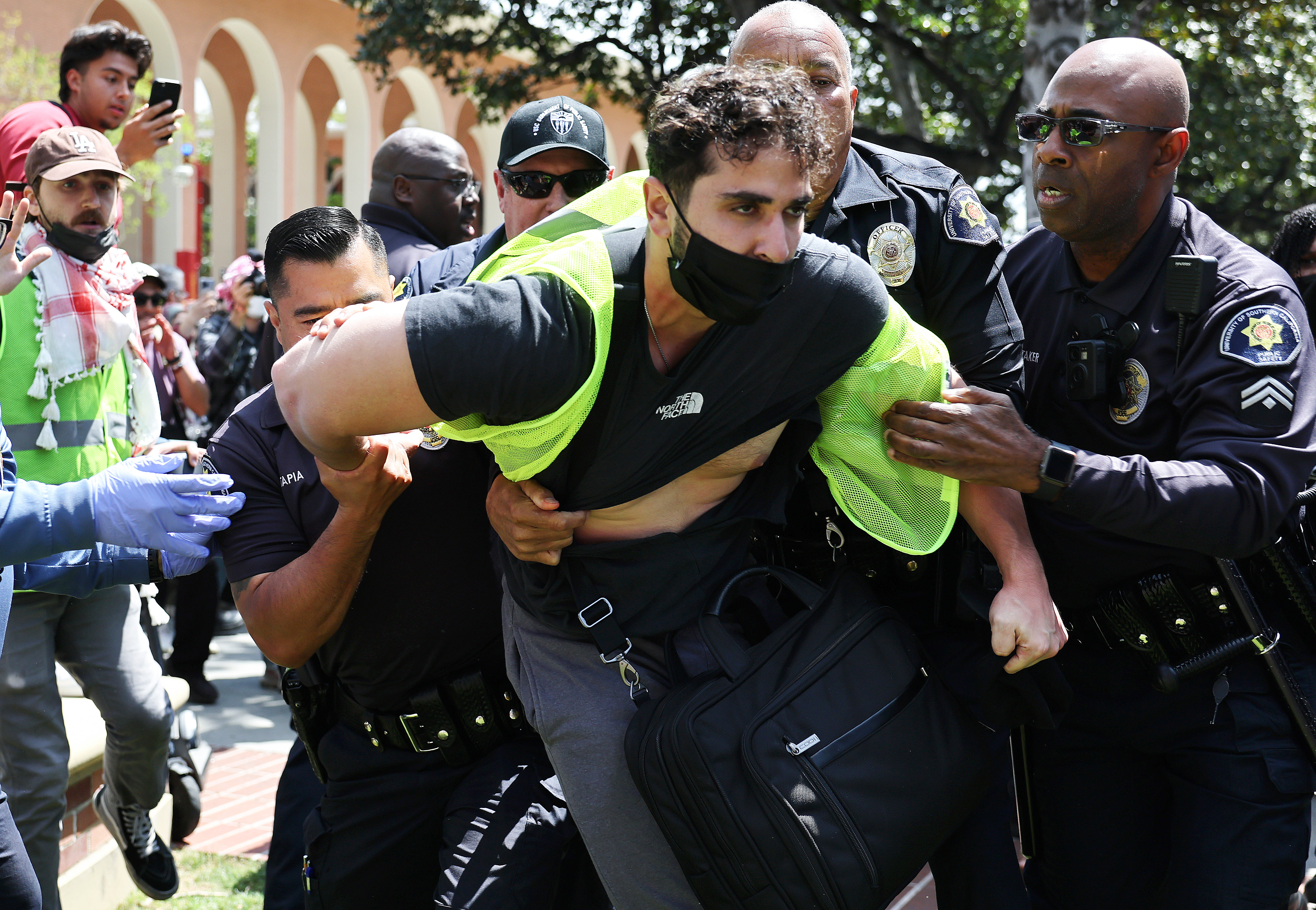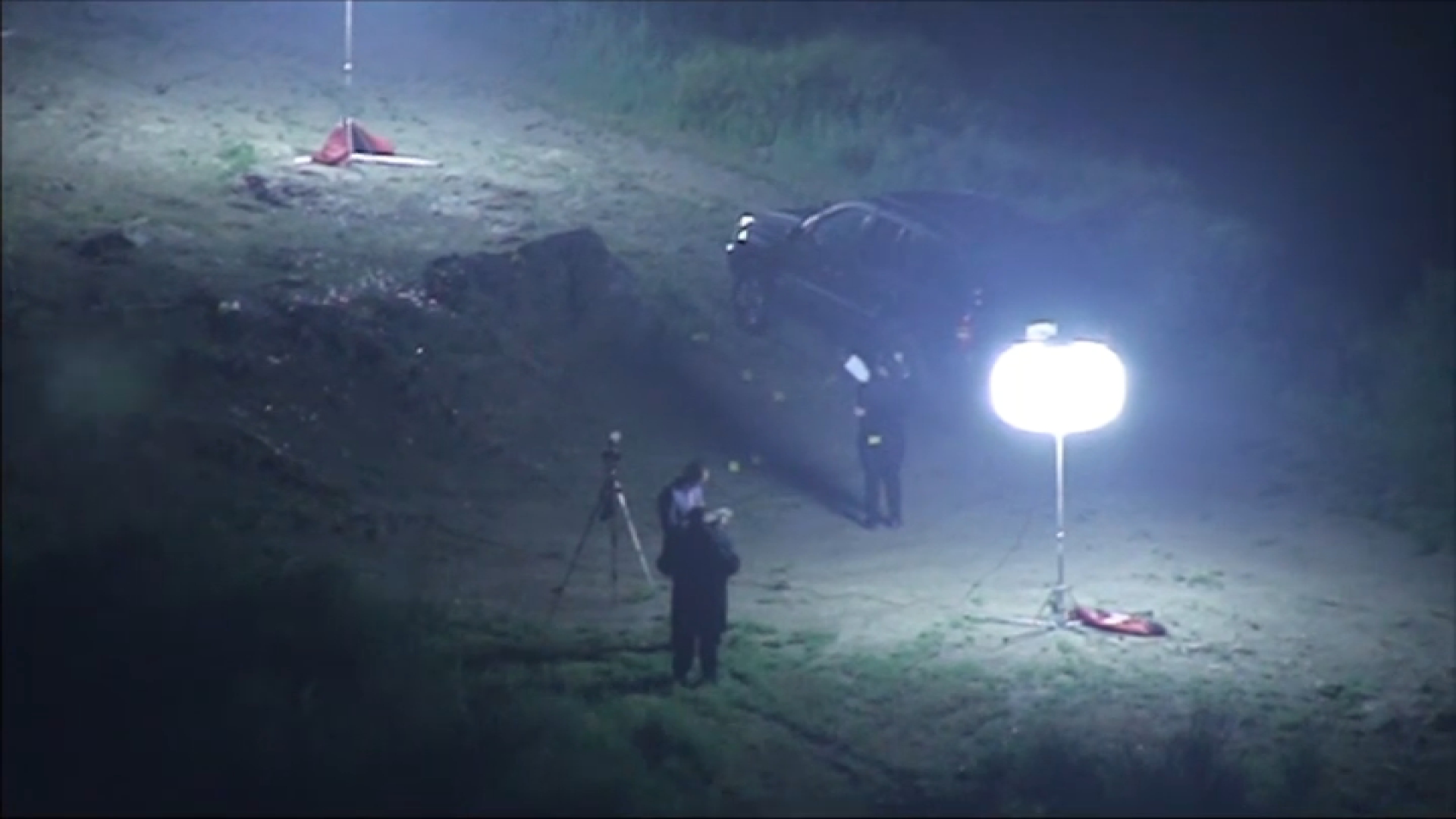Orange County Sheriff Sandra Hutchens, testifying Wednesday in an evidentiary hearing in the death penalty case against the worst mass killer in the county's history, said her department has not engaged in a conspiracy to use jailhouse informants in illegal ways.
Hutchens' testimony came in the third round of evidentiary hearings to determine if Scott Dekraai -- who pleaded guilty to eight murders and one attempted murder at a Seal Beach beauty salon -- can get a fair shake in the penalty phase.
Orange County Superior Court Judge Thomas Goethals has said he may dismiss the death penalty as an option in the case depending on the evidence produced in this latest round of hearings. Dekraai's attorney, Assistant Public Defender Scott Sanders, showed the sheriff memos from Deputy William Grover, one of the central figures in two prior rounds of evidentiary hearings.
In one email, Grover asks colleagues about expanding the definition of informants. In another, he tells a supervisor about all of the work he did with informants in the Dekraai case and other cases.
Hutchens testified it appeared Grover was seeking "best practices" from his colleagues in the one memo. And she acknowledged that the Dekraai case has motivated sheriff's officials to expand the definitions of informants to better comply with the law. The sheriff testified that some informants are considered "sources of information" when they alert a guard to brewing trouble in the jail.
Others are "paid" informants who are working with investigators to crack a case. The sheriff said she has implemented training of deputies in the jails so they better understand the law and do not violate the rights of inmates. Sanders has alleged that the rights of multiple defendants have been violated over the years as deputies would have informants pump cellmates for information even though they were already represented by an attorney, which is illegal.
Another of Sanders' key allegations is that county officials have been slow to cough up exculpatory evidence and turn it over to defense attorneys, which is known as a Brady violation. In February, Goethals directed a lengthy tongue-lashing at the sheriff and her office regarding the use of informants. Angered by remarks that Hutchens made in media interviews, in which she denied any sort of longstanding, organized informant program in the jails, Goethals cited multiple examples from recently uncovered evidence that he said indicated otherwise.
News
Top news of the day
Particularly troubling to Goethals were remarks Hutchens made denying that her deputies would "work cases" with informants in the jails.
"Those quotes frankly make me wonder," Goethals said in February. "I respect elected officials, and the sheriff has a tough job. ... But I have to wonder whether or not she's aware of the evidence turned over to this court over the years ... and I have to conclude she is not aware of the evidence presented to this court because if she were, it would be hard to imagine an experienced law enforcement officer making such categorical statements."
After the first evidentiary hearing, Goethals found that some deputies were misleading or dishonest in their testimony about the handling of informant Fernando Perez, a Mexican Mafia shotcaller, after he was placed in a cell next to Dekraai. But the judge declined to boot the Orange County District Attorney's Office off the case.
But another round of hearings was triggered when sheriff's officials disclosed what is known as TRED records. No one knows what the acronym stands for, but the classified system records the movement of inmates within the jails.
Hutchens testified that the system was also designed to keep a record of an inmate's history with the jails to make sure they are not housed with a rival gang, for example. The sheriff said she was aware her department had a system, but did not know it was called TRED until the Dekraai case. That may be one explanation for the failure to turn over those records, she testified.
The sheriff was careful to avoid making conclusive remarks about whether three deputies -- Grover, Seth Tunstall and Ben Garcia -- deliberately withheld evidence of the TREDS because the state attorney general's criminal investigation is ongoing.
Hutchens said her department's internal affairs investigation is nearly complete, but lacks interviews with Grover, Tunstall and Garcia because they are still under the criminal probe. The sheriff said the deputies may have thought they needed to protect the identity of the informants and could not release that evidence for fear of exposing them. Sanders focused on Hutchens' interview with ABC News and her comments at a forum with the district attorney, the sheriff and Sanders to discuss the so- called snitch scandal.
"What I was trying to say is we didn't have deputies working up cases," Hutchens said. "They were cases by request of outside agencies. What was not happening was this was not being well documented, so we've made some corrections to that."
She later added, "I think it's a matter of semantics we're having here," regarding the definition of an informant. During another death penalty case Sanders handled, it was revealed the deputies in a special unit overseeing informants was keeping a running, written log of their activities.
Hutchens would not rule out misconduct.
"I will not say there was not misconduct," Hutchens said. "(But) it's not something that's widespread."
The sheriff acknowledged a problem with Anaheim police in one investigation not turning over all of the relevant evidence to prosecutors in an informant case.
She added that her department "could have done a better job" turning over evidence in some informant cases. Now, the sheriff testified, the department requires outside law enforcement agencies to sign an "in-custody agreement" when partnering on an informant case so that the police agency will turn over all exculpatory evidence to defense attorneys and prosecutors.



